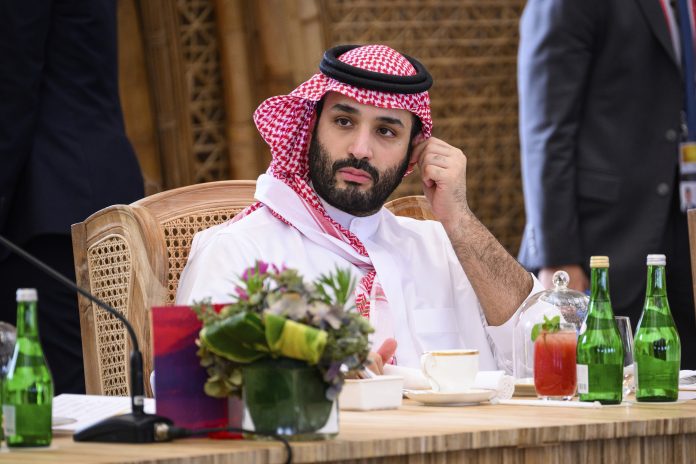RIYADH, Saudi Arabia (Caasimada Online) – Saudi Arabia Minister of Islamic Affairs, Abdul Latif Al-Sheikh, has released a document outlining ten controversial rules to be observed during the Islamic holy month of Ramadan this year.
Among the regulations are limitations on mosque loudspeakers, surveillance of worshippers seeking seclusion during the last ten days, restrictions on donations, and a ban on filming or broadcasting prayers within mosques.
Specific rules outlined by the ministry
The document stipulates that imams and muezzins may only be absent for extreme necessities and that Tarawih (evening) prayers must not be prolonged.
It also mandates the completion of the tahajjud prayer before the dawn call to prayer, with sufficient time to avoid difficulty for worshippers.
Furthermore, the new rules prohibit using cameras in mosques to photograph imams and worshippers during prayers, as well as any media transmission or broadcasting of the prayers.
Imams are now responsible for authorizing the i’tikaaf (seclusion in the mosque during the last ten days) and obtaining relevant information about those participating.
Additionally, the Ministry has forbidden mosques from collecting financial donations for organizing meals to break the fast. Meals should be prepared and held in designated areas in mosque courtyards under the supervision of the imam and muezzin.
Controversial decisions and international backlash
The new regulations have ignited big controversy, including the limitation on loudspeakers emitting the call to prayer and the complete ban of their usage for prayers and recitations.
Critics argue that these rules, along with the prohibition on bringing children to the mosque for prayers, resemble restrictions imposed by former dictator of Tunisia Zine El Abidine Ben Ali, and the former Soviet Union.
Many Muslims worldwide have expressed outrage, viewing the rules as another attempt by Saudi Arabia’s Crown Prince Mohammed bin Salman to curtail the influence of Islam in public life.
Critics also note the Saudi government’s promotion of musical concerts and Western artists, which they perceive as a strategy to appeal to international audiences and liberalize the Kingdom’s society.
Ministry spokesman addresses concerns
In a telephone interview with Al-Saudiya, the Ministry’s spokesman, Abdullah Al-Enezi, dismissed the concerns.
He stated that the Ministry does not prohibit breaking the fast in mosques but instead seeks to organize it within the framework of preserving the sanctity and cleanliness of the mosque.
Al-Enezi also addressed the ban on filming and broadcasting prayers, explaining that it aims to protect platforms from exploitation and prevent mistakes, rather than demonstrating mistrust of imams, preachers, or lecturers.


